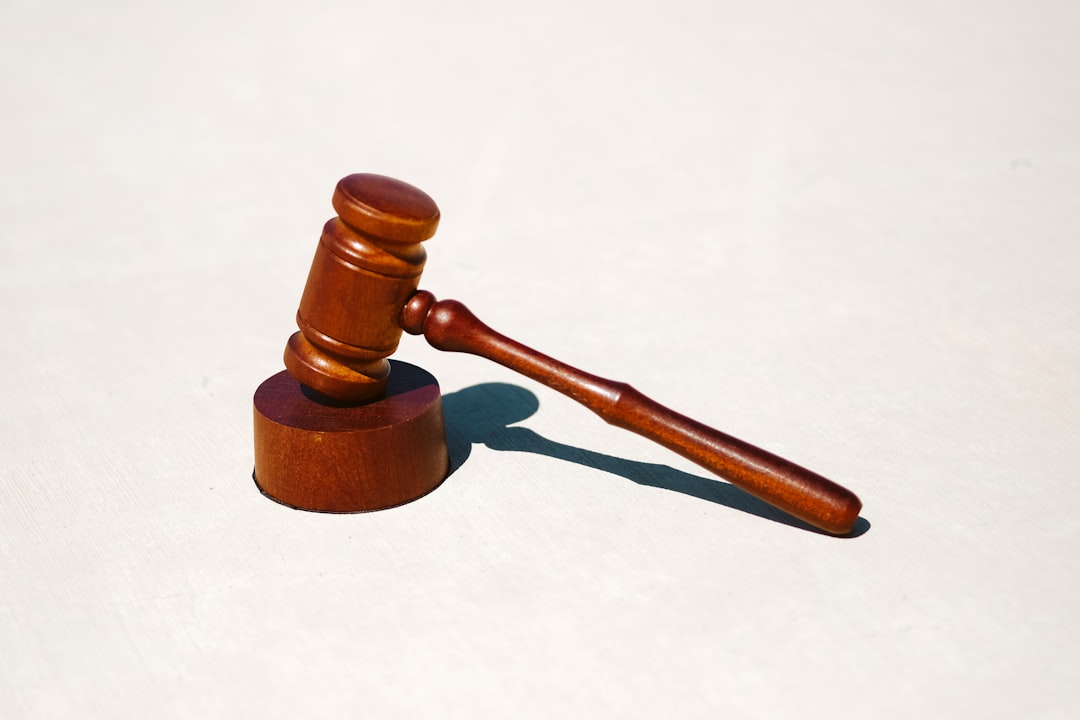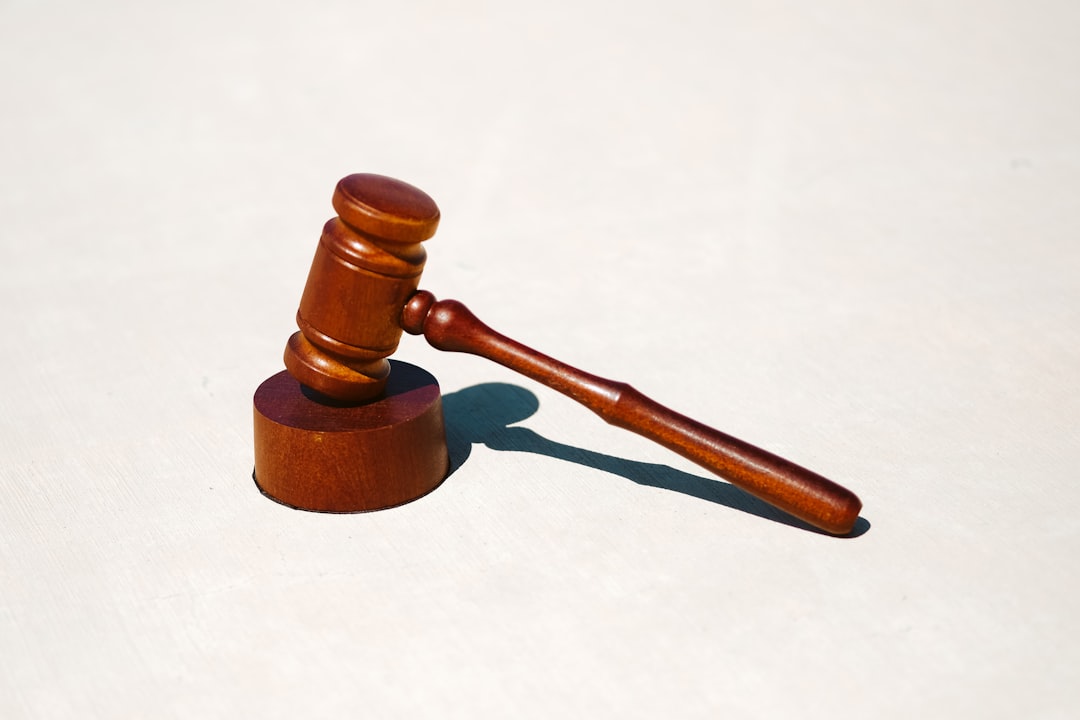In Mississippi, the Telephone Consumer Protection Act (TCPA) protects residents from spam call law firms by prohibiting unwanted telemarketing calls unless prior express consent is given. Starkville citizens can assert their rights, document incidents, and file complaints with the FCC or join class-action lawsuits against violators, including spam call law firms, to safeguard their privacy and protect consumer rights.
In Starkville, Mississippi, understanding your rights under the Telemarketing Consumer Protection Act (TCPA) is crucial. This federal law protects residents from unwanted spam calls and text messages, ensuring peace of mind and privacy. Learn how to identify harassing telemarketing practices and what actions you can take against call centers violating these regulations. Discover your legal standing and protect yourself from spam call law firms operating in Mississippi by understanding your rights and available remedies.
Understanding the TCPA: A Federal Law Protecting You

In the realm of consumer protection, the Telephone Consumer Protection Act (TCPA) stands as a crucial federal law designed to safeguard individuals from unwanted and intrusive phone calls, specifically those deemed as spam by Mississippi residents. This act imposes stringent regulations on call centers and law firms alike, ensuring that marketing or telemarketing activities are conducted with respect for personal privacy. By understanding the TCPA’s provisions, folks in Starkville can better protect themselves against relentless spam calls.
The TCPA prohibits automated dialing systems and prerecorded messages from contacting telephone numbers listed on the National Do Not Call Registry unless specifically consented to by the consumer. This law extends its reach to law firms engaging in telemarketing practices, ensuring that their efforts do not invade the privacy of Mississippi residents. Awareness of these rights is empowering, enabling individuals to take measures against intrusive spam call law firms operating within their state.
What Qualifies as Spam or Unsolicited Calls?

In the context of the Telephone Consumer Protection Act (TCPA), a “spam call” refers to any unwanted or unsolicited telephone calls made for marketing purposes. This includes calls from law firms, debt collectors, or any other entity seeking to promote their services or products. The TCPA prohibits such calls unless the caller has obtained prior express consent from the recipient.
Qualifying as an unsolicited call means the recipient did not give explicit permission for the call. For instance, if a law firm in Starkville, Mississippi, makes a sales pitch without having registered on a Do Not Call list or received specific authorization from the caller, it could be deemed a spam call. Understanding these definitions is crucial for both consumers and businesses to navigate the spam call laws effectively.
Your Rights When Dealing with Call Centers

When dealing with call centers, especially those suspected of engaging in spam calls, residents of Starkville, Mississippi, have specific rights under the Telephone Consumer Protection Act (TCPA). The TCPA is a federal law designed to protect consumers from unwanted and harassing phone calls, including automated or prerecorded messages. If you receive spam calls from law firms or any other entities, you have the right to take action.
Under the TCPA, businesses are prohibited from making telemarketing calls without prior express consent. This means that if you haven’t given explicit permission for a law firm or any organization to contact you, their calls can be considered illegal. You can assert your rights by requesting that they stop calling immediately and documenting each incident. If the spam calls persist, you may seek legal recourse, including damages and injunctive relief, against the offending parties.
Taking Action: How to File a Complaint Against Violators

If you’ve been affected by unwanted spam calls or text messages in Starkville, Mississippi, you have options. The first step is to gather evidence—save any suspicious calls, messages, and dates—as this will be crucial when filing a complaint. Contacting a law firm specializing in the Spam Call Law (TCPA) is advisable; they can guide you through the process and ensure your rights are protected.
Filing a complaint with the Federal Communications Commission (FCC) or joining a class-action lawsuit against the violators are common courses of action. These steps not only help protect yourself but also serve as a deterrent for other potential spam call victims. Remember, staying informed about your consumer rights and taking proactive measures can make a significant difference in combating intrusive communication practices.






